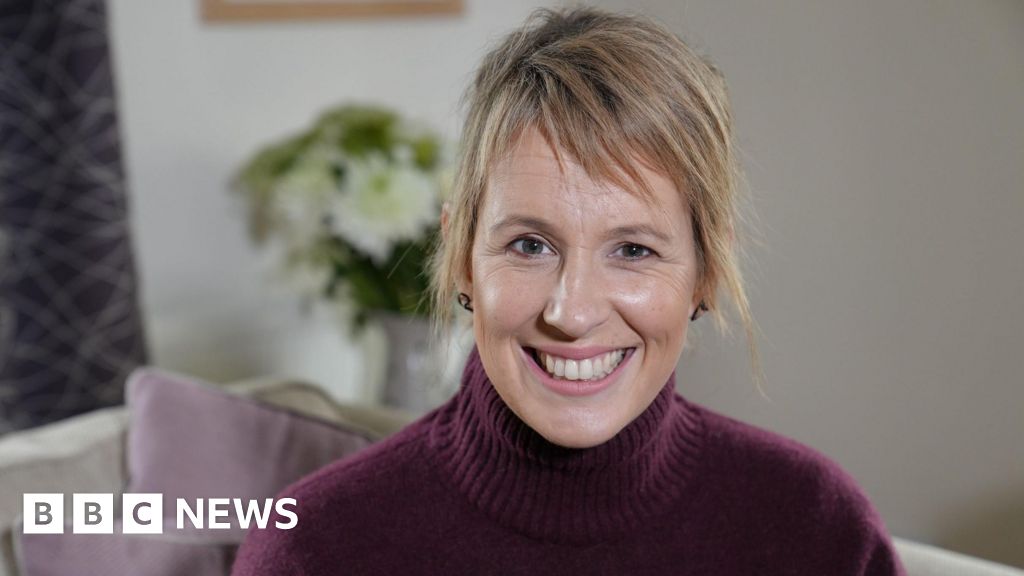When the French president, Emmanuel Macron, and his wife, Brigitte, took the rare step this week of filing a US defamation lawsuit against the rightwing podcaster Candace Owens, it marked a new phase in a legal battle on both sides of the Atlantic against the false claim that Brigitte Macron is a man named Jean-Michel Trogneux.
The Macrons’ US lawsuit attacked what it called the “verifiably false and devastating lies” being repeated online by Owens that Brigitte Macron, 72, was born a man. The lawsuit said evidence clearly disproved this “grotesque narrative”, which had become “a campaign of global humiliation” and “relentless bullying on a worldwide scale”.
The case prompted broader questions this week about how conspiracy theories spread worldwide, whether they can be stopped in the courts and what this false narrative, which began in France after the Covid pandemic, says about French society’s distrust in politicians.
“This is now one of the biggest fake news stories worldwide in terms of popularity – a billion people have seen it,” said Emmanuelle Anizon, a senior journalist for the French weekly Nouvel Obs, who last year published a book, L’Affaire Madame, investigating the origins of the rumour in France. “What’s new is that for the first time, Emmanuel Macron has joined his wife in taking legal action.”
The Macrons’ US lawsuit states the accusation that Brigitte Macron was born a man named Jean-Michel Trogneux is completely false and Trogneux is in fact is her older brother. Trogneux, 80, lives in the northern French town of Amiens, where he grew up with Brigitte and four other siblings in a family famous for its local chocolate business. He was present in public alongside his Brigitte at Emmanuel Macron’s two presidential inaugurations in 2017 and 2022.
Owens, whose podcast and social media channels have an audience of millions, said this week she stood by her narrative.
The false claim that Brigitte was a man first went viral in France in 2021, at a moment when distrust of politicians in was at a high, after the gilets jaunes (yellow vests) anti-government protest movement and the Covid pandemic that killed more than 130,000 people in France.
In December 2021, a woman who used the name Amandine Roy and called herself a “spiritual medium”, broadcast a four-hour YouTube interview with Natacha Rey, 51, who had worked previously for a small essential oils business and described herself as “an independent investigative journalist, self-taught, and not from the inner circle of mainstream media”.
Rey said she had spent three years investigating Brigitte Macron, after questioning the first lady’s body-shape in photos. Rey said she believed Brigitte Macron was actually a man called Jean-Michel Trogneux. Within hours, the interview had 500,000 views and the hashtag #Jean-MichelTrogneux was trending on social media in France, promoted by, among others, some far-right and anti-vaccine accounts. A small far-right newsletter had already published Rey’s theories but it was the video interview that sent the claim viral.
“There was a deeper societal problem at that time in France: the mistrust of political, media and economic institutions,” Anizon said. “There had been years of political health scandals worldwide and in France – from a contaminated blood scandal to the Mediator weight-loss drug. Many people had gradually reached a point of distrust, switching off traditional mainstream media and turning instead to online accounts – Covid and vaccine mistrust increased that.”
The rumour spread in part because the Macrons’ relationship had long been a topic of comment online. Brigitte Macron, who is 24 years older, first met Emmanuel Macron when she was a French teacher at his Jesuit secondary school in Amiens, directing him in a school play.
The Macrons’ US lawsuit this week stated: “Through the school’s theatre programme, president Macron and Mrs Macron formed a deeper intellectual connection.” It added: “At all times the teacher-student relationship between Mrs Macron and President Macron remained within the bounds of the law.” Brigitte Macron, who has three children from her first marriage, divorced in 2006 and she and Emmanuel Macron married the following year when he was 30.
In early 2022, after the first viral video allegations, Brigitte Macron and her brother, Jean-Michel Trogneux, filed a defamation case in France against Roy and Rey, who both denied wrongdoing.
In September 2024, a Paris court found the two women guilty and ordered them to pay €8,000 in damages to Brigitte Macron and €5,000 in damages to Jean-Michel Trogneux.
The women appealed against the verdict and, this month, they were acquitted by a Paris appeals court. The appeal court verdict did not imply that the claims that Brigitte Macron was a man were true, but instead judges ruled that the case against the women did not fit the definition of defamation.
Brigitte Macron and Jean-Michel Trogneux have taken the case to France’s highest appeals court, the cour de cassation. Brigitte Macron has filed a separate case for online harassment and 10 people will go on trial in Paris in October.
Each time the Macrons’ relationship is in the spotlight, the false allegations about gender spread again online. This was the case in May, when video images appeared to show Brigitte pushing her husband away with both hands on his face before they disembarked from a plane on a tour of Southeast Asia. Macron dismissed the incident as play-fighting, telling reporters that “we are squabbling and, rather, joking with my wife”, and that it had been overblown into “a sort of geo-planetary catastrophe”.
Brigitte Macron has not spoken publicly on the false gender claims since 2022 when she told French radio, RTL, that allegations that “I am my brother” were an “impossible” attack on her parents’ family tree. She told TF1 TV at the time she wanted to set an example so other people would not suffer in the same way. She said fighting online bullying “is my battle”.
Source link

